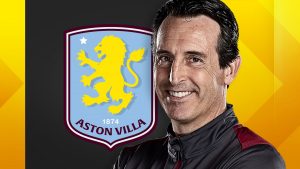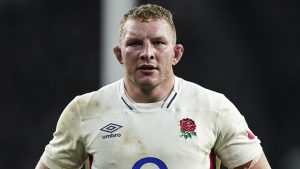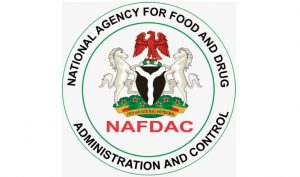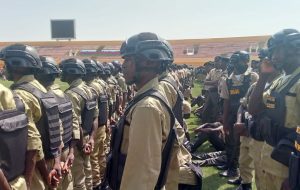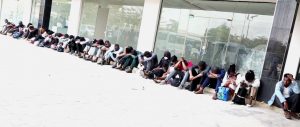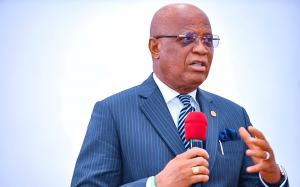UFC’s “Fight Island” is very real — and helps show how sports are getting creative
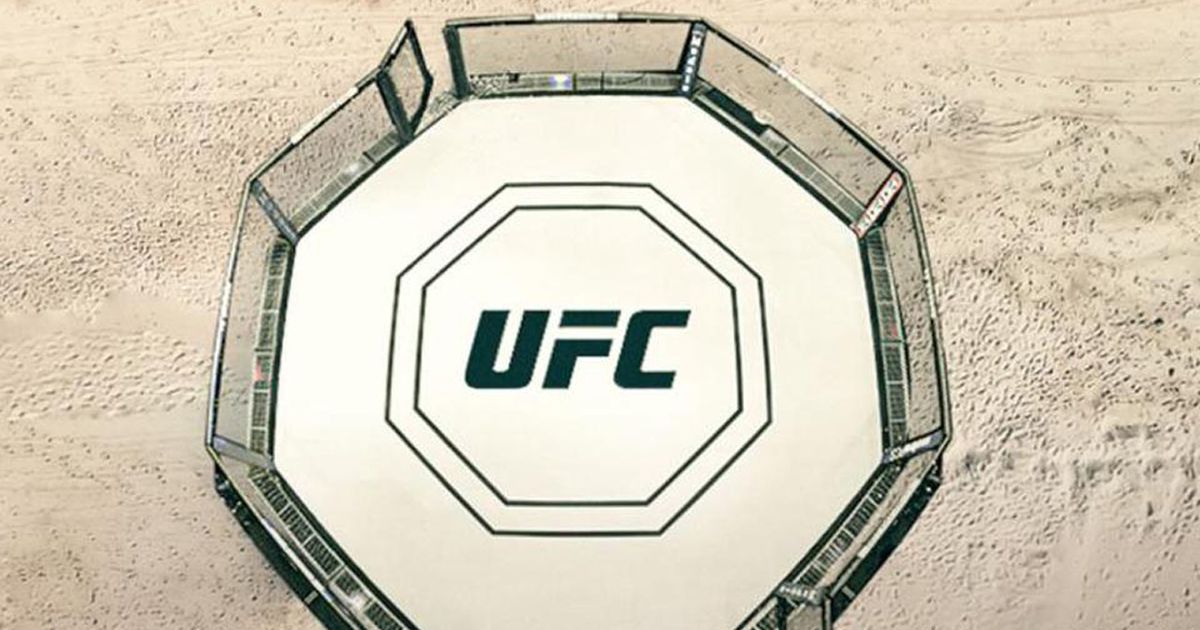
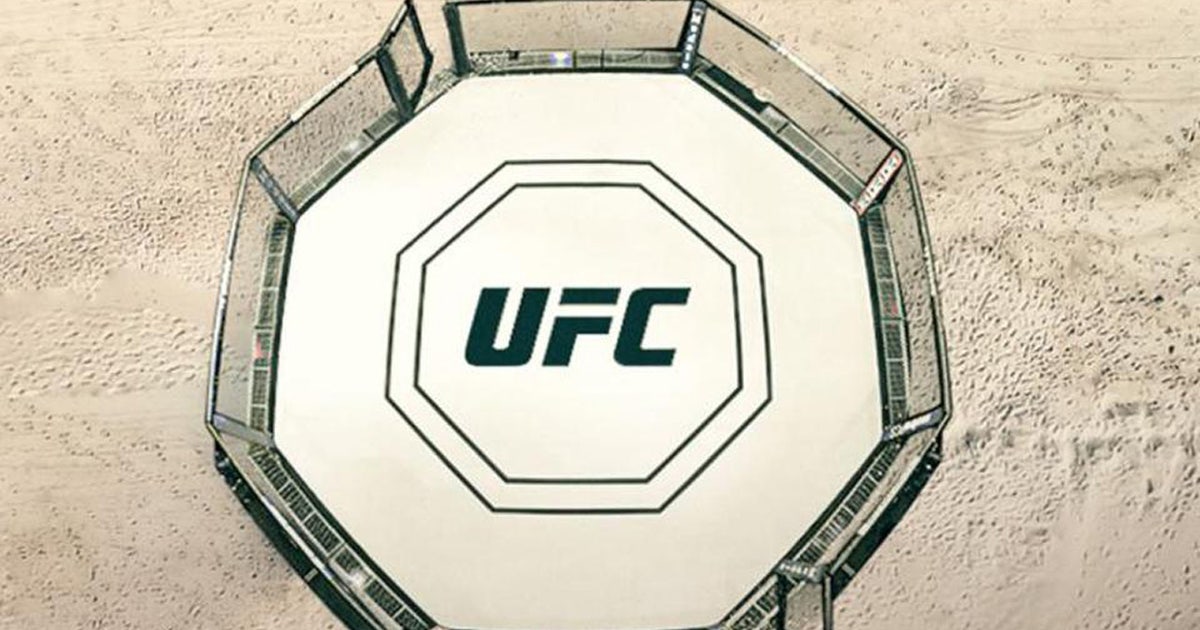
Despite what they say, fortune doesn’t always favor the brave, especially when life has been shifted to a state that even the science-fiction writers would have had trouble imagining.
Yet if luck smiles upon those who are at least prepared to experiment and innovate, then both the Ultimate Fighting Championship and Major League Soccer deserve some breaks over the next month or so.
#UFCFightIsland starts July 11, 15, 18 and 25th YAS Island, Abu Dhabi #InAbuDhabi @VisitAbuDhabi pic.twitter.com/JGLioBhw4c
— danawhite (@danawhite) June 9, 2020
Within three days of each other in July, MLS and the UFC will lift the lid on what is set to become common fayre in the larger sports world – the one-site quarantine bubble where athletes can compete in the safest manner possible to guard against further spread of COVID-19.
Perhaps predictably for an organization with a front man addicted to hype, the UFC is doing it in slightly more flashy fashion, but the outcome is essentially the same. Both entities are temporarily moving operations to a centralized location where the only real interaction with the outside world will be when their telecasts are beamed far and wide.
???
Coming to #UFCFightIsland… ?#UFC251 #InAbuDhabi @VisitAbuDhabi pic.twitter.com/ZETAXCFx05
— UFC (@ufc) June 10, 2020
You can guarantee that plenty of other sports bodies, not least the NBA, will be watching closely to see how it goes.
The UFC’s Dana White floated the concept of a Fight Island right at the beginning of the coronavirus lockdown, believing it to be a way to utilize his international fighters and circumvent restrictions on bringing them to the United States that may last for months.
He managed to keep the exact location under wraps — I was personally rooting for it to be somewhere in the Caribbean, a self-contained outcrop that had all the feel of a Bond villain’s lair. But hey, this works, too.
I’ll tell you what, I’d never heard of Yas Island before the UFC decided to turn it into Fight Island. But if this rendering is even a little accurate, it looks AWESOME. pic.twitter.com/oAlAUtPnBr
— Albert Breer (@AlbertBreer) June 9, 2020
Fight Island is actually called Yas Island, off the coast of Abu Dhabi in the United Arab Emirates. It entails a hotel, an arena (including an octagon on the beach), training facilities, and dining options. No one uninvolved in the production is allowed to enter, not even Bond villains.
The first event there will be the UFC 251 pay-per-view, headlined by a welterweight title scrap between Kamaru Usman and Gilbert Burns, and a tilt for the featherweight belt between Alexander Volkanovski and Max Holloway.
TIME FOR A REMATCH! ?
? @AlexVolkanovski looks for his first defense vs @BlessedMMA on #UFCFightIsland.#UFC251 #InAbuDhabi @VisitAbuDhabi pic.twitter.com/3TAE8F9SMf
— UFC (@ufc) June 10, 2020
“The hardest thing to do right now is to get people into the country from other parts of the world,” White told ESPN. “And we are a true global business; we’re the only ones that are pulling off live sports right now. If I continue to do fights in the United States, I’m going to burn out all my American talent. So now we’ve got Yas Island ready to go. It’s set up.”
White has come in for plenty of criticism, none of which he particularly cared about. Some felt it was inappropriate for him to be so fervent in his wish to still be staging sports events in the emergent days of COVID-19, when thousands were dying daily and the pandemic was sabotaging American life.
However, one thing you can never accuse White of is lacking effort and imagination. When he sets his mind to something, he is insatiable in his pursuit of it. He refused to accept that there was no solution and is about to bear the fruits of that stubbornness, with the UAE venue due to stage four events in 14 days.
If you don’t like White, that’s fine. He is the kind of polarizing figure who will always give plenty of ammunition for your distaste. Consider this, though. Any time we see live sports over the next few months, anywhere, it will be because enterprising people found creative answers.
.@danawhite revealed details on “Fight Island” for #UFC251 on July 11. @espnmma
? Yas Island in Abu Dhabi
? Octagon on the beach
? Private training, hotel facilities
? Three title fights pic.twitter.com/V6Fk3N80fw— First Take (@FirstTake) June 9, 2020
Three days before UFC 251, MLS gets restarted with a tournament staged in Orlando and featuring every one of its 26 teams. MLS’ return event is a neat piece of administrative artistry, with the tournament being both self-contained but also contributive to the regular season that was halted after just two games in March. Every game will be televised live in the U.S from the “bubble” at Walt Disney World Resort.
“Very importantly, (we are) doing it with games of consequence,” MLS commissioner Don Garber said. “(There is) a total prize pool of a million dollars and the winner getting a spot in the CONCACAF Champions League. All of this is our best foot forward to do what we can in an exciting, compelling and meaningful way to return to play for 2020.”
IT’S OFFICIAL! ?@MLS returns with a 26-team #MLSisBack Tournament, kicking off July 8th in Orlando. pic.twitter.com/4exSArHyGp
— FOX Soccer (@FOXSoccer) June 10, 2020
MLS thereby gets a nice little window in the spotlight, as activity in the other American team sports is some ways behind. The NHL has yet to announce a date for its 24-team playoff system, the NBA doesn’t start until July 31, and the National Football League season is still months away. Major League Baseball continues to work towards a plan with its players association.
As FOX Sports’ Alexi Lalas told me, “MLS has come up with a unique approach to its return. I think the Orlando tournament can be something fun, creative and different. Other sports and leagues are watching, and MLS has an opportunity to turn some heads.”
The countdown to #MLSisBack is on ⏳@AlexiLalas takes stock of the league’s return-to-play plan ⤵️ pic.twitter.com/pYcWPr4dHz
— FOX Soccer (@FOXSoccer) June 10, 2020
Ever since everything changed, leagues and organizations were forced to roll with the punches, both in terms of taking appropriate steps to protect their staff and players, and to navigate the minefield of a return while dealing with the fact no one knew what medical news might come next.
Some sports had it harder than others, and both the UFC and MLS had significant challenges to deal with. What the reality of their adaptation looks like will give us some clarity on how successful the new normal can be. First it to go off without a hitch will take some luck – but they both deserve some.


